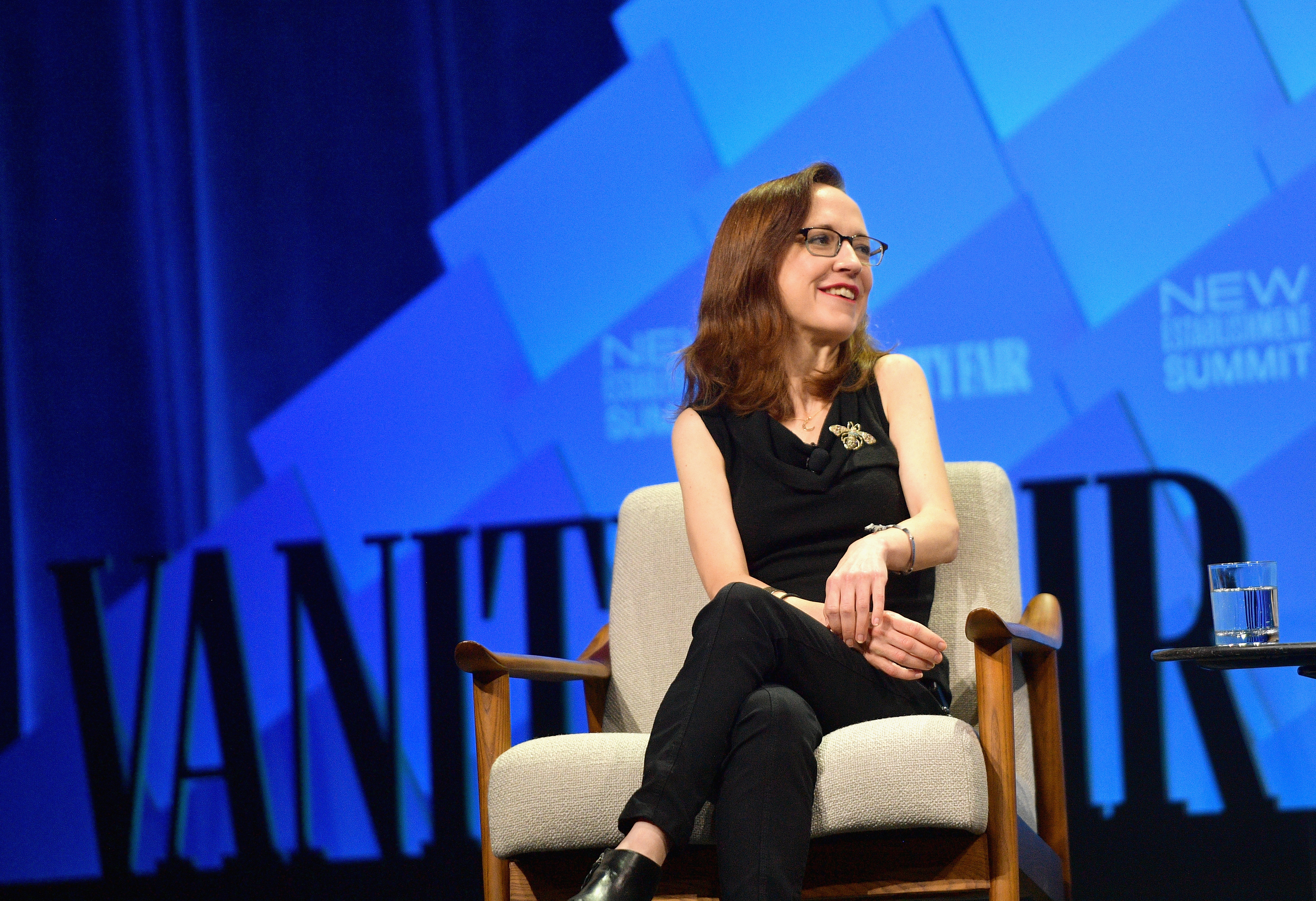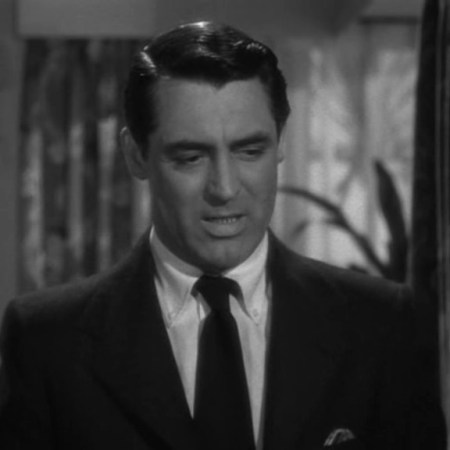Eighty years after the publication of The Big Sleep, the first of Raymond Chandler’s seven novels, and fifty years since the author’s death, he remains the most important and influential American crime novelist, not least because he expanded the genre’s remit beyond mystery-solving. Chandler didn’t originate the private detective hero but refined it into the mid-20th century noir archetype. His hard-boiled, wisecracking Los Angeles gumshoe Philip Marlowe — a solitary, honorable protector of damsels in distress and observer of urban corruption and decadence — is the forerunner of virtually every existentially troubled dick (of both sexes) who has appeared since.
All of Chandler’s Marlowe novels — the others are Farewell, My Lovely (1940), The High Window (1942), The Lady in the Lake (1943), The Little Sister (1949), The Long Goodbye (1953), and Playback (1958) – remain in print. His influence increases rather than wanes, as witness the title of Laura Lippmann’s acclaimed new crime thriller Lady in the Lake, which evokes 1960s Baltimore as Chandler’s novels evoke 1940s and 1950s L.A.
Radio adaptations of Chandler’s books have done them justice better than movies. But both Howard Hawks’s 1946 screwball noir The Big Sleep and Robert Altman’s 1973 neo-noir The Long Goodbye endorsed the knightly code of honor Chandler bequeathed Marlowe, his “shop-soiled Galahad,” from his reading of medieval and classical literature at London’s Dulwich College between 1900 and 1905.
The Long Goodbye’s screenplay — written by Leigh Brackett, who also co-scripted The Big Sleep — posited Elliott Gould’s muttering shamus as “Rip Van Marlowe.” The idea that Marlowe was anachronistic was important, because it reiterated that his chivalrousness was always outmoded, not least in the 1940s when, long before the advent of Second Wave feminism, World War II created conditions for women’s sexual liberation, as many film noirs demonstrated.

Today, when chivalry is regarded by many women as an affront to their agency, how can this self-contained man’s man and his creator possibly be pertinent? Since Marlowe also stumbles on an inordinate number of sexy female killers and that he consistently exhibits fascinated disgust for women, there must be something about Chandler’s books that transcends their outdatedness. Or is it that in shining a light on psychologically hard-wired misogyny, Chandler’s protagonist is a timeless mirror of the fears women elicit in men? (Similar questions have been asked about Marlowe’s casual use of racist epithets, though it would be risky to assert they make Chandler a bigot.)
“I am not ashamed to be a lover of women,” Chandler wrote in a 1957 letter, grossly simplifying his attitude to them, especially women who unsubtly project their sexuality. This is no deterrent to Megan Abbott, an author of nine novels, most recently Give Me Your Hand, who credits the “dreaminess and strangeness” of Chandler’s world as the primary influence on her writing life.
“To me, what is so compelling about Chandler’s books is that they are this great study of toxic masculinity, to use an overused term,” Abbott tells InsideHook. “They explore it both consciously and unconsciously, but mostly unconsciously. They are really rich texts for understanding — particularly in the problematic era before and after World War II when American imperialism was reaching the peak of its power — fraught views about gender and sex and race. That kind of thing makes me want to look closer at a book rather than away from it.”
“Chivalry is more lethal than open misogyny,” Abbott continues, “because it’s so much based on these notions of men needing to protect women. That to me feels like the real relic, but it’s something that I think Chandler and Marlowe himself, for that matter, see as an ancient thing that no longer belonged in the world. I think Marlowe is more misanthropic than misogynistic — he’s disgusted by plenty of men and it’s an across-the-board otherness that frightens him.”
Asked if she thinks Marlowe is neurotic, Abbot says, “Yes, thank God. That he’s so neurotic and full of anxiety is one of the things that appeals to me the most. I’m often taken aback by his emotional responses, which indicate the prison of white masculinity doesn’t allow him to have feelings or interrogate himself. Marlowe is far from a hero. People think of Humphrey Bogart playing him in The Big Sleep, but that’s a very cleaned-up Marlowe.”
You don’t have to be a Freudian to see that the Madonna-Whore complex was writ large in Chandler (who adored his wife Cissy, 18 years his senior, through 31 years of marriage). As Abbott suggests, this enriches his novels from a psychoanalytic perspective, if not a feminist one.
“It comes down to the idea that you can hold two opposing thoughts in your mind at once without them canceling each other out or without one overwhelming the other,” says Judith Freeman, author of the intimate biography The Long Embrace: Raymond Chandler and the Woman He Loved (2007) and herself a novelist. “It’s a sign of the complexity of a novel when it’s working in areas of ambiguity. And Chandler was a complex man, especially when it came to women.
“One has to deal in his work with Marlowe is often drawn to the sparkling blondes and sexed-up wealthy women who are venal and capable of treachery and murder,” Freeman continues. “That’s a great flaw in a character, but somehow Chandler doesn’t make it seem like it’s entirely Marlowe’s fault. He’s seduced by these women before they reveal themselves. I think that makes him a more empathetic character because he becomes another victim in a way.”
Freeman adds: “I can’t say whether women readers now would be put off by Marlowe. We live in a time of extraordinary political correctness that is almost doing us in. I can’t believe that once someone gets caught up in the beauty of Chandler’s novels and the pleasure of reading them that they would turn away from such an interesting character as Marlowe.”
Speaking in his office at the Mysterious Bookshop in Manhattan, the publisher and editor Otto Penzler, one of the world’s leading authorities on crime fiction, demurs at the proposition that Chandler was misogynistic. “I think that’s a little too strong,” Penzler says. “And will people be offended by that? Probably, but there are people who are ready to be offended by almost anything. One of the great flaws in our society now is trying to judge literature from the past by using today’s standards.”
Chandler created “Marlowe as a complicated man, but a complete man, not a comic-book figure who is all pure and white,” Penzler adds. “He’s not ideal but he has a strong moral center with a great sense of ethics and loyalty, which is hard for a novelist to pull off.”
Especially a novelist writing in 2019 when the attitudes of unreconstructed male protagonists, whether they espouse chivalry or misogyny or both, cannot be mitigated by their adherence to other principles. Yet Chandler’s novels get away with their unfashionable values decade after decade. His wit (the famous similes) and poetic prose that so perfectly describes individuals and L.A.’s poisoned atmosphere have much to do with that. There is, too, the notion that Marlowe is an Everyman, poor and honest, who deflates upper-class hypocrisy and arrogance and, as Chandler’s spokesman, is a voice of conscience In “a world in which gangsters can rule nations.”
Film noir historian Alain Silver, who co-edited the book Raymond Chandler’s Los Angeles (1989) with Elizabeth Ward, is uncertain if Chandler belongs to the pantheon of great American writers: “At his best, though, he rises to the level of Conrad, Hemingway, and Fitzgerald,” he says. “Yes, a certain amount of misogyny comes out in Marlowe, but I don’t think Chandler did anything other than reflect the prevailing attitudes of the common 38-year-old white male in America in the ’30s and ‘40s. It was crime-ridden time full of unsavory types in which people through no fault of their own were suddenly targeted and either injured or killed. Many metropolitan areas could be an existential hell hole, and Marlowe was there to help people out of it.

“What makes Chandler continue to be accessible is that Marlowe’s outlook continues to be relevant in a way you don’t see in more finely crafted books by Chandler’s contemporaries,” Silver says. “The idea is that unfair things do happen in life. That’s not a neurotic belief, it’s a realistic one. Chandler’s World War I experiences and his alcoholism darkened his romanticism, but it never completely goes away.
“For all Marlowe’s cynicism, as a reflection of Chandler, he remains an idealist and believes that there are rules about how things should happen,” Silver concludes. “As a man who has been beaten down by a society that doesn’t necessarily punish all the people who violate those rules, and by his own need, Marlowe constantly revalidates the fact that he’s trying to do the right thing. You admire his striving and the fact that he survives. That makes Chandler a very mainstream and relevant novelist.”
This article was featured in the InsideHook newsletter. Sign up now.















